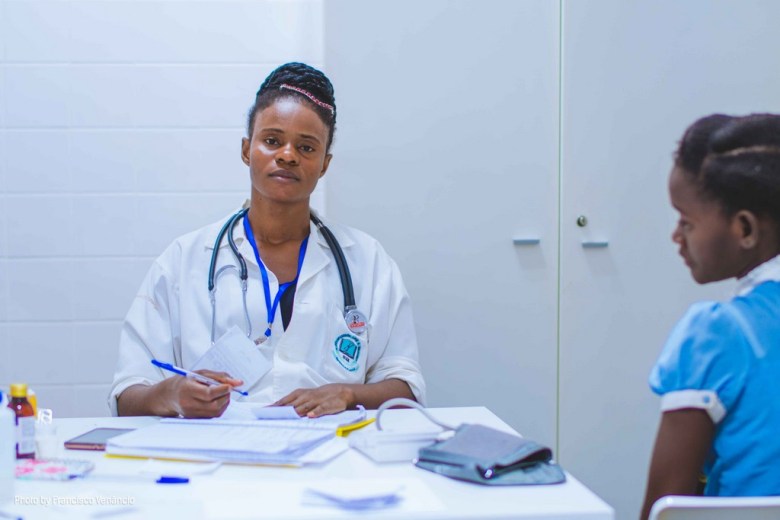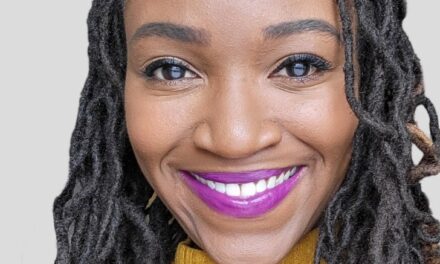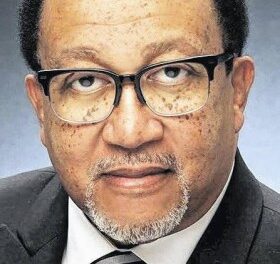

By Alexis Taylor
Special to the AFRO
School systems across the country are still struggling to return to normal life, even as the omicron variant of the coronavirus threatens progress made in the last 21 months.
Enrollment trends are down, teachers are resigning instead of getting vaccinated and bus driver shortages are hindering efforts to get students back into the classroom.
Now, officials from the Baltimore City Health Department (BCHD) are sounding the alarm and calling all qualified candidates to step up for students who depend on school nurses for everyday medical needs.
“There’s a general shortage in nursing which has been ongoing for several years and sort of hit its peak during COVID,” said BCHD’s Assistant Commissioner for the Bureau of School Health, Francine Childs. “Not just here in Maryland, but nationwide, we see that there aren’t sufficient nurses to provide the services that children need.”
Childs said that while the school nurse cares for cuts and bruises that occur during the school day, their presence on grade school campuses opens up accessibility to a critical group of students.
“For children who have special health needs and children with chronic conditions, many of them are actually not able to attend school if there’s no nurse on site,” said Childs. “If a child needs to have insulin or special treatments throughout the day, if there is no nurse on site, it is not safe for them to attend school.”
From hospitals, outpatient therapy centers and schools to less thought of careers on television and movie sets- the role of the nurse is invaluable.
According to the World Health Organization’s (WHO) executive summary on the 2020 “State of the World’s Nursing” report, “nursing is the largest occupational group in the health sector, accounting for approximately 59% of the health professions.”

Globally, a nursing workforce of 27.9 million people aid in medical emergencies, assist in routine procedures, help patients navigate care and provide emotional support when needed.
The WHO reported a global shortage of roughly 6.6 million nurses last year, with a majority of the need “concentrated in low- and lower middle-income countries.”
BCHD’s Deputy Commissioner of Youth Wellness and Community Health, Mary Beth Haller, said the shortage could be attributed to many different things including retirement or burnout after nearly two years in a pandemic.
“We’ve experienced challenges in hiring because the candidate pool is smaller,” said Haller, also pointing to lower enrollment in nursing schools and an aging workforce as reasons for the shortage.
In Baltimore City, school nurses serve a population of 84,000 students in 200 different school buildings. To encourage the next fleet of health professionals in public schools, BCHD operates a clinical rotation site for students enrolled in local schools of nursing.
Haller said that with 11 area hospitals rivaling their pay and benefits package, recruitment of nurses for school health suites has been hard- but far from hardly worth it.
“The school nurse is a trusted adult for many of our children, ”she said. “They become a friend and a confidant. They really develop a relationship and build trust. It’s subtle – but important.”
Childs said that currently there are at least 50 vacancies within the school nursing system in Baltimore. Starting salary for school nurses with adequate experience and education is $55,572 with benefits, paid leave, and a 10-month schedule that matches the school year calendar.

“We have opportunities for individuals who are registered nurses with two years of experience in a pediatric or acute care setting,” she said. “We also have opportunities for individuals with a bachelor of science in nursing.”
BCHD is looking for candidates with a range of experience and the ability to help a student body facing food insecurity, homelessness and a host of challenges that affect physical and mental health.
“Our end goal is to keep children safe. We know that healthy students are better learners,” said Childs. “We want people who love this work and have a heart. We’re public servants and when you go into public health you’re there to serve the public.”
Help us Continue to tell OUR Story and join the AFRO family as a member – subscribers are now members! Join here!
The post #WordinBlack: Baltimore City faces shortage of school nurses appeared first on AFRO American Newspapers .











